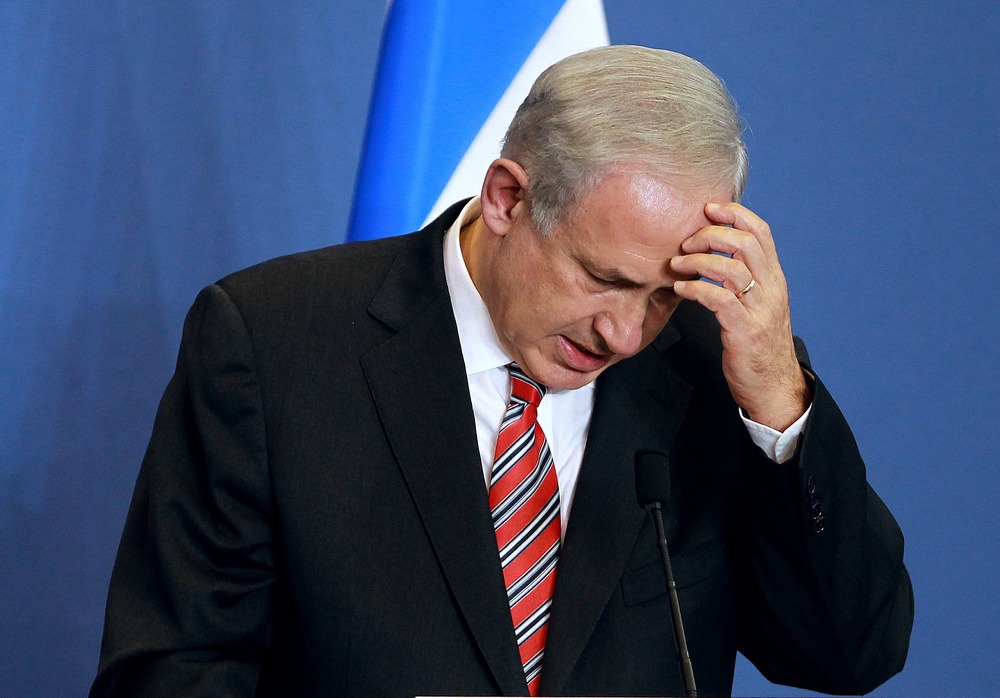European Reactions to ICC Warrants for Israeli Prime Minister
The International Criminal Court’s (ICC) arrest warrants for Benjamin Netanyahu and Yoav Gallant over alleged war crimes in Gaza have triggered a diplomatic firestorm. Some European nations are ready to detain the Israeli Prime Minister, while others remain ambiguous or outright defiant. Here’s an overview of where Netanyahu can and cannot go in Europe.
Nations Ready to Arrest Netanyahu
Several European countries have pledged to enforce the ICC warrants, citing their commitment to international law.
- The Netherlands: Dutch officials have confirmed full compliance with ICC mandates. Prime Minister Caspar Veldkamp called the enforcement of the Rome Statute a “non-negotiable obligation.”
- Ireland: Prime Minister Simon Harris stated unequivocally that Ireland would arrest Netanyahu, affirming support for international courts.
- Belgium: Belgium declared accountability for war crimes a priority, with Deputy Prime Minister Petra De Sutter emphasizing Europe’s role in upholding ICC rulings.
- Spain: Spain has aligned itself with international justice. Labor Minister Yolanda Díaz remarked that “genocide cannot go unpunished.”
- Austria: Despite criticizing the ICC’s decision as “absurd,” Austria’s foreign ministry acknowledged that adherence to international law requires arresting Netanyahu.
- Slovenia: Prime Minister Robert Golob expressed clear support for the ICC’s decision, committing to execute the warrants.
- Italy: While Foreign Minister Antonio Tajani acknowledged ICC mandates, the Italian government expressed divided opinions, with Deputy Prime Minister Matteo Salvini offering unconditional support to Netanyahu.
- Switzerland: The Federal Office of Justice affirmed that it is obliged to cooperate with the ICC as per the Rome Statute and would arrest Netanyahu or Gallant if they entered Switzerland.
- Lithuania: The Foreign Ministry confirmed that the arrest warrant would be executed.
- Turkey: Foreign minister Hakan Fidan called the ICC arrest warrant “hopeful” and a crucial step in bringing Israeli authorities to justice for their “genocide” against Palestinians. The Israeli government has denied any allegations of genocide.
- Norway: Foreign minister Espen Barth Eide stated, “It is important that the ICC carries out its mandate in a judicious manner. I have confidence that the court will proceed with the case based on the highest fair trial standards.”
- Sweden: Foreign minister Maria Malmer Stenergard stated that her country and the EU “support the court’s important work and protect its independence and integrity,” adding that Swedish legal authorities will decide on the arrest of subjects of ICC warrants.

Nations Refusing to Comply
Some European countries have explicitly opposed the ICC ruling and vowed to shield Netanyahu.
- Hungary: Prime Minister Viktor Orbán called the warrant “wrong” and invited Netanyahu to Budapest, signaling direct defiance.
Ambiguous Positions
Certain nations remain noncommittal, either questioning the ICC’s authority or weighing their legal obligations.
- Czechia: Czech leaders criticized the ruling but maintained that adherence to international law is crucial, leaving their stance uncertain.
- Germany: Berlin is analyzing the ICC’s ruling, with officials expressing skepticism about arrests but not ruling them out entirely.
- France: France acknowledged the ICC’s authority but refrained from confirming if it would enforce the arrest warrants.
- United Kingdom: U.K. officials hinted at legal obligations under the Rome Statute but avoided definitive statements. Labour’s Emily Thornberry suggested arresting Netanyahu would be mandatory.
Implications of the ICC Warrants
The ICC’s charges have deepened international divisions over accountability in the Gaza conflict. Netanyahu’s potential European visits now hinge on each country’s interpretation of the Rome Statute. While some nations stand ready to act, others prioritize political alliances over judicial obligations, creating a fragmented legal landscape.
Our Visitor






 Users Today : 36
Users Today : 36



